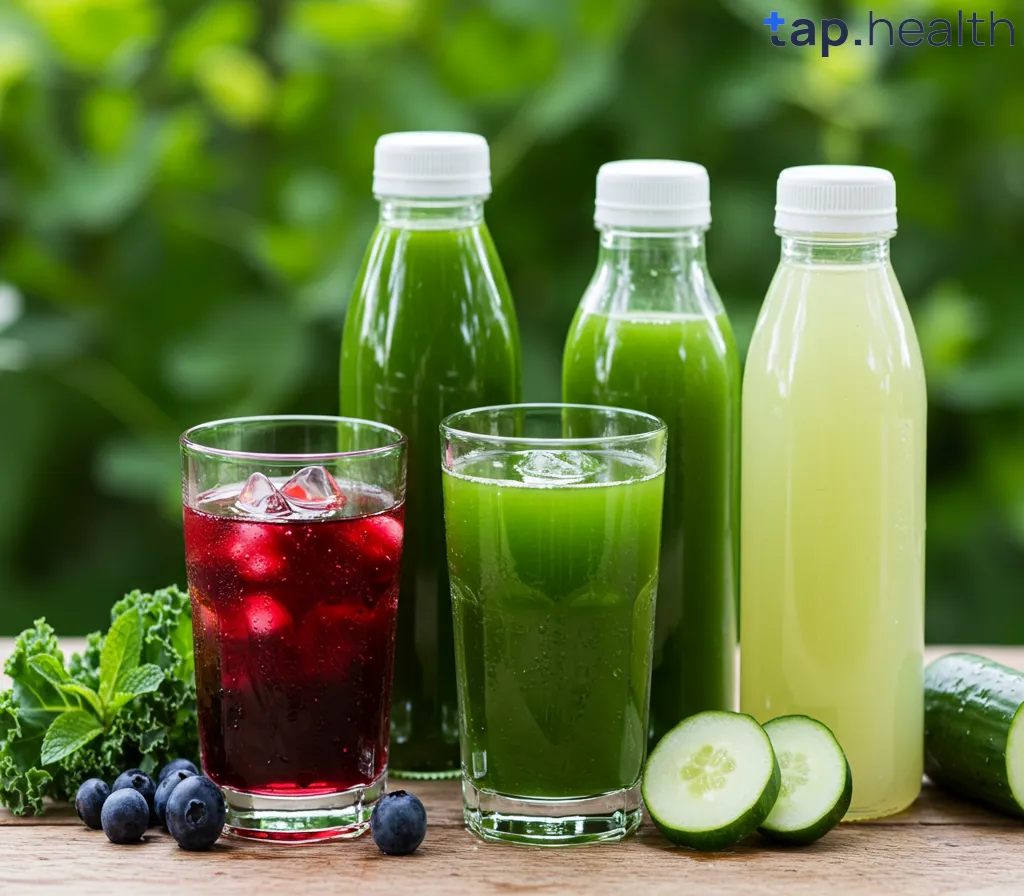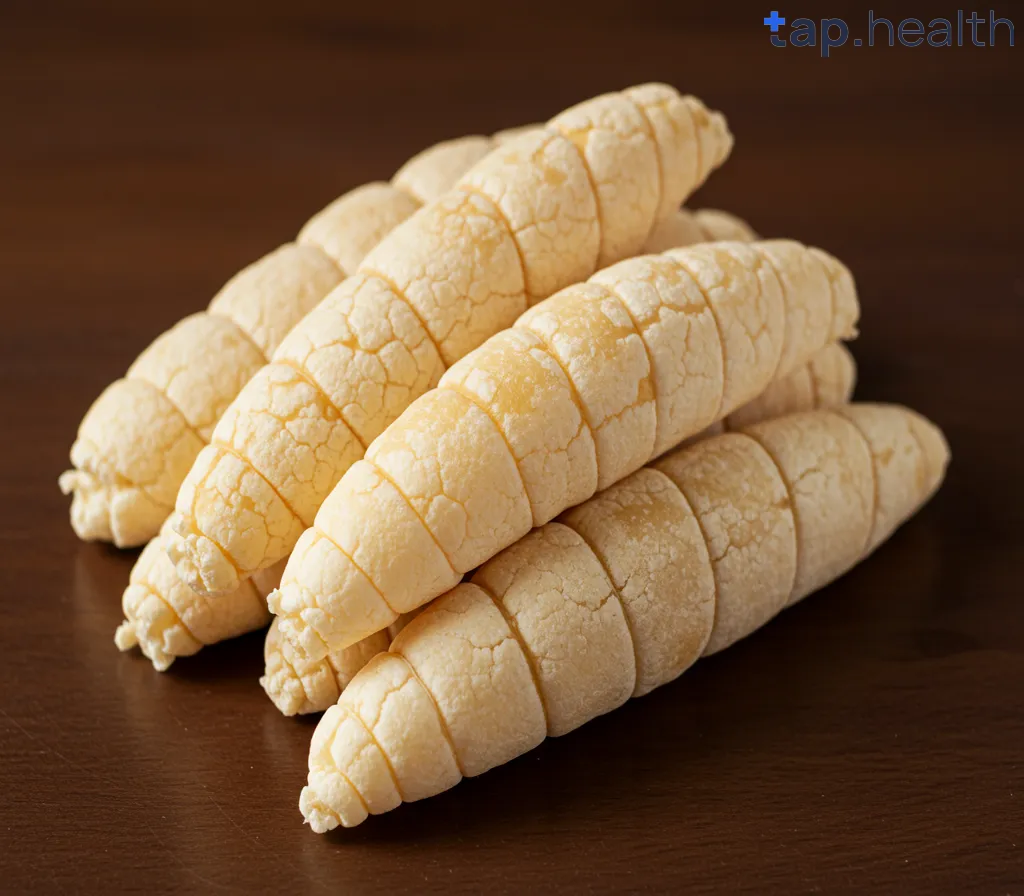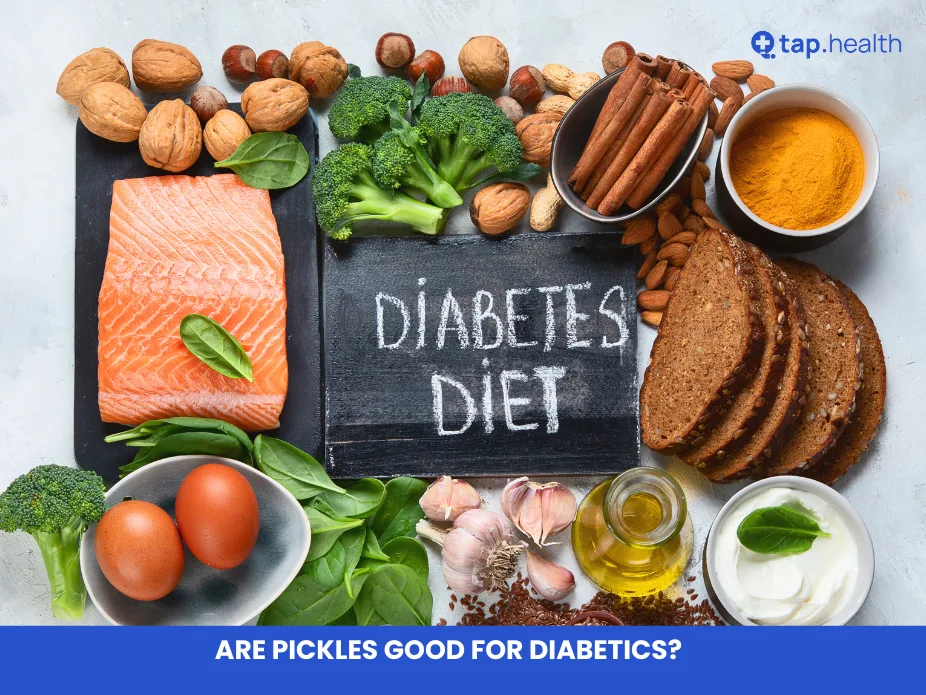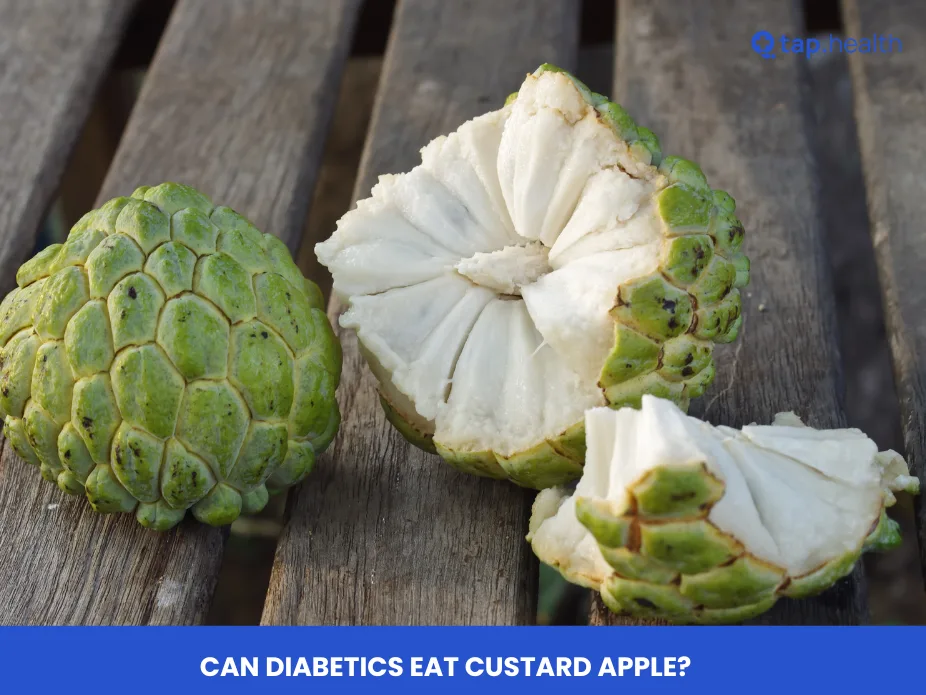After an intense workout, your body needs proper nutrition and hydration to recover effectively. While water is essential, certain juices can help replenish lost nutrients, boost hydration, and accelerate muscle recovery. But with so many juice options out there, which ones are the best to drink after a workout?
In this article, we’ll explore the best juices to consume after exercise, the benefits they provide, and why they’re great choices for your post-workout recovery. Whether you’re looking to rehydrate, reduce muscle soreness, or restore electrolytes, there’s a juice that can support your fitness goals.
Why Should You Drink Juice After a Workout?
Juices, especially those made from fresh fruits and vegetables, offer a variety of benefits after exercise. Here’s why they are a great post-workout choice:
1. Replenishing Glycogen Stores
When you exercise, your body uses glycogen (stored carbohydrate) for energy. After a workout, it’s essential to restore these glycogen stores. Juices that are high in natural sugars (like those from fruits) can help replenish glycogen quickly.
2. Rehydration
During a workout, your body loses fluids through sweat. Drinking juice after a workout can help you rehydrate and restore essential electrolytes like potassium and sodium, which are lost during exercise.
3. Boosting Recovery
Juices contain vitamins, antioxidants, and other nutrients that can help reduce inflammation, muscle soreness, and fatigue after exercise. Additionally, vitamin C and potassium can help repair muscle tissues and support overall recovery.
The Best Juices to Drink After a Workout
Now that we understand why juice is beneficial, let’s take a look at the best types of juice to drink after a workout.
1. Orange Juice
Why It’s Great: Orange juice is a classic post-workout beverage due to its high vitamin C and potassium content. It helps to reduce muscle inflammation and supports your immune system.
- Vitamin C: Helps with tissue repair and reduces oxidative stress caused by exercise.
- Potassium: Replenishes the electrolytes lost in sweat and prevents muscle cramps.
- Natural Sugars: Quickly replenishes glycogen stores.
How to Enjoy It:
- Freshly squeezed orange juice is the best choice, but store-bought options are fine if they don’t contain added sugar or preservatives.
2. Pineapple Juice
Why It’s Great: Pineapple juice is rich in bromelain, an enzyme that helps reduce inflammation and muscle soreness. It’s also packed with vitamin C, which supports recovery.
- Bromelain: Helps break down proteins and reduce muscle inflammation, making it great for post-workout soreness.
- Vitamin C: Supports tissue repair and immune health.
- Natural Sugars: Helps replenish glycogen and energy.
How to Enjoy It:
- Freshly juiced pineapple is ideal, but you can also opt for 100% pure pineapple juice with no added sugar.
3. Watermelon Juice
Why It’s Great: Watermelon juice is incredibly hydrating and contains citrulline, an amino acid that may help reduce muscle soreness and improve blood flow.
- Citrulline: Helps reduce soreness and muscle fatigue by improving blood flow.
- Hydration: Watermelon is made up of 92% water, making it a fantastic choice for rehydrating.
- Potassium: Helps replenish lost electrolytes.
How to Enjoy It:
- Fresh watermelon juice is sweet and refreshing. Just blend fresh watermelon and strain it if needed for a smooth, hydrating drink.
4. Cherry Juice
Why It’s Great: Cherry juice, particularly tart cherry juice, has been shown to reduce muscle soreness and inflammation due to its high levels of antioxidants, particularly anthocyanins.
- Anthocyanins: These antioxidants help reduce inflammation and muscle damage after exercise, speeding up recovery.
- Vitamin C: Helps with tissue repair and immune function.
- Natural Sugars: Provides a quick energy boost and replenishes glycogen stores.
How to Enjoy It:
- Tart cherry juice is often available in concentrate form. Make sure to choose 100% tart cherry juice with no added sugar for the best results.
5. Coconut Water
Why It’s Great: While not technically a juice, coconut water is a highly hydrating option packed with electrolytes such as potassium, sodium, and magnesium.
- Electrolytes: Coconut water is an excellent source of electrolytes that help rehydrate and restore balance to your body after a workout.
- Low in Calories: It’s a low-calorie, natural option for hydration without added sugars.
- Hydration: The high water content (about 95%) helps replenish fluids lost during exercise.
How to Enjoy It:
- Drink fresh coconut water or a natural bottled version without added sugars or artificial flavors.
6. Beetroot Juice
Why It’s Great: Beetroot juice is known for improving blood flow and increasing endurance. It’s a great choice for those who are looking for a juice to boost their workout performance and speed up recovery.
- Nitrates: Beets contain nitrates that improve blood circulation, which can help deliver oxygen to your muscles and speed up recovery.
- Antioxidants: Rich in antioxidants that help reduce inflammation and muscle damage.
- Vitamin C: Supports tissue repair and immune function.
How to Enjoy It:
- Freshly juiced beets or store-bought beetroot juice without added sugar will give you the best recovery benefits.
7. Carrot Juice
Why It’s Great: Carrot juice is rich in beta-carotene, a precursor to vitamin A, and packed with other nutrients like vitamin C and potassium that support skin health, immune function, and muscle recovery.
- Vitamin A: Supports skin repair and immune health.
- Vitamin C: Helps with tissue repair after intense exercise.
- Potassium: Replenishes electrolytes lost during exercise.
How to Enjoy It:
- Fresh carrot juice is best, or you can make a smoothie by blending carrots with other fruits like apples and oranges for added flavor.
How Much Juice Should You Drink After a Workout?
The amount of juice you should drink after a workout depends on your activity level and personal needs. In general, drinking 8 to 12 oz (1 cup) of juice is ideal for most people after a workout. This provides the necessary vitamins, minerals, and hydration without overloading your body with too much sugar.
- Hydration: Make sure to drink water alongside the juice to fully hydrate your body.
- Balance: If you’re concerned about sugar intake, opt for juices with lower sugar content (like coconut water or beetroot juice) or dilute fruit juices with water.
Other Tips for Post-Workout Recovery
While juices can play an important role in recovery, there are other factors to consider when trying to recover properly after exercise:
1. Protein Intake
After a workout, it’s important to consume protein to help repair muscle tissue. Pair your juice with a source of protein, like a protein shake, lean meat, or legumes, to optimize muscle recovery.
2. Hydrate with Water
Water should be your first choice for hydration. Drink water before, during, and after your workout to ensure you’re properly hydrated. Juices and other drinks can supplement your hydration but should not replace water entirely.
3. Balanced Diet
Maintain a well-balanced diet rich in carbohydrates, proteins, and healthy fats. Juices can help replenish some of the lost nutrients, but it’s essential to fuel your body with a variety of whole foods to maximize recovery.
FAQs About Post-Workout Juices
1. What’s the best juice for muscle recovery?
Tart cherry juice and beetroot juice are excellent for muscle recovery. Both are packed with antioxidants and nitrates that help reduce inflammation and improve circulation, speeding up muscle repair.
2. Can I drink juice instead of water after a workout?
While juice can help with rehydration and provide essential nutrients, it shouldn’t replace water entirely. Water should be your primary source of hydration, and juice can supplement that.
3. Can I drink juice immediately after a workout?
Yes, drinking juice right after a workout is fine, but it’s also important to hydrate with water first. Aim to drink juice within 30 minutes to an hour of your workout to help replenish glycogen and electrolytes.
4. Can I drink orange juice after a workout?
Yes, orange juice is a great choice post-workout because it’s rich in vitamin C and potassium, which help with muscle recovery and rehydration. Just be cautious of store-bought versions with added sugars—freshly squeezed is best.
5. How much coconut water should I drink after a workout?
Drinking 8 oz (1 cup) of coconut water after a workout is enough to replenish lost electrolytes and rehydrate. It’s a great natural option for hydration.
Conclusion: The Best Juices After a Workout
Choosing the right juice after a workout can make a big difference in how quickly you recover and how your body performs. From orange juice to beetroot juice, each option provides a unique set of benefits that support hydration, muscle recovery, and overall health.
Remember to drink juices in moderation and pair them with a balanced diet and adequate protein to maximize the benefits. By selecting the right juice and properly hydrating, you can help your body recover faster and perform at its best in your next workout.



